Although Christopher Columbus is often credited with discovering America in 1492, the true story of who actually discovered North America first is much more complex. While Columbus is widely taught in schools as the discoverer of America, the history of exploration of the land goes back much further.
Pre-Columbian Explorers
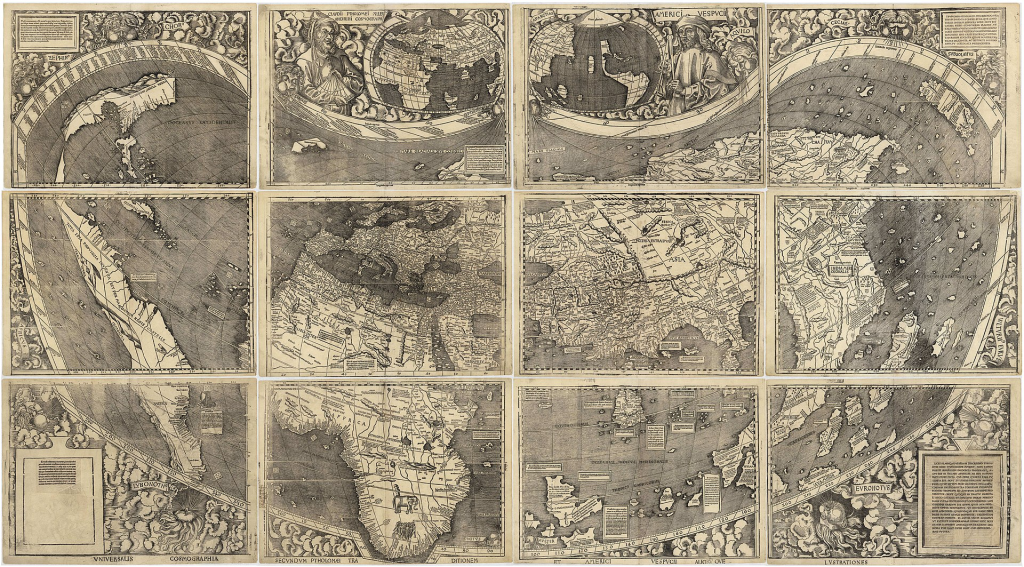
Modern research has suggested that Christopher Columbus was not the first European to discover America. Around 500 years before Columbus, a group of Icelandic Norse explorers led by Leif Erikson likely reached North America. However, even before Erikson, there are theories that people from Asia, Africa, and Ice Age Europe may have reached American shores. There is even a popular legend about Irish monks who made it to America in the sixth century.
Reassessing Columbus Day

Christopher Columbus is still celebrated every year on Columbus Day, but the holiday has faced increasing scrutiny in recent years. Columbus’ mistreatment of the Indigenous people he encountered in the Americas has led some states to celebrate Indigenous Peoples’ Day instead. This shift encourages a reassessment of the concept of the “discovery” of America.
The Complexity of Discovering America
The question of who discovered America cannot be fully answered without considering the fact that the land was already inhabited by millions of people. From pre-Columbian America to Erikson’s settlement, various theories, and modern-day debates, it is essential to explore the topic further.
Who Discovered America?
When Europeans arrived in the New World, they encountered indigenous people who had already made it their home. However, the Europeans themselves had to discover America at some point. The exact timing of this discovery remains unknown, but genetic studies suggest that the first humans to cross into the Americas became genetically isolated from people in Asia about 25,000 to 20,000 years ago.
Archaeological evidence indicates that humans reached the Yukon at least 14,000 years ago, with some theories suggesting human presence as early as 24,000 years ago. Until the 1970s, the Clovis people were believed to be the first Americans. These theories are still debated, but it is clear that humans reached the Americas long before Columbus.
The Diverse Native American Cultures
Contrary to founding myths depicting the land as sparsely populated by nomadic tribes, research has revealed that early Americans lived in complex and highly organized societies. Historian Charles C. Mann describes the densely populated villages and priestly chiefdoms that existed along the American coast and in the Southeast. The Aztec Empire, which had one of the world’s largest cities as its capital, also existed in the Americas before Columbus arrived.
Christopher Columbus’s Arrival – Who Discovered America?
Christopher Columbus arrived in the Americas in 1492, marking the beginning of the Colonial Period. Although he believed he had reached the East Indies, he was actually in the modern-day Bahamas. Columbus encountered the Taíno natives and dubbed them “Indians.”
He explored several islands, including Cuba and Hispaniola, where he left men behind to collect gold samples. Columbus kidnapped Indigenous people as interpreters and exhibits for the royal court. The interaction between Europeans and the Indigenous population led to the decline of Indigenous communities due to disease, forced labor, and violence.
Leif Erikson: The Viking Explorer
Leif Erikson, a Norse explorer from Iceland, likely discovered America before Columbus. Born around 970 A.D., Erikson sailed to Norway, where he converted to Christianity and aimedto spread the faith in Greenland. Instead, he set sail and arrived in America around 1000 A.D.
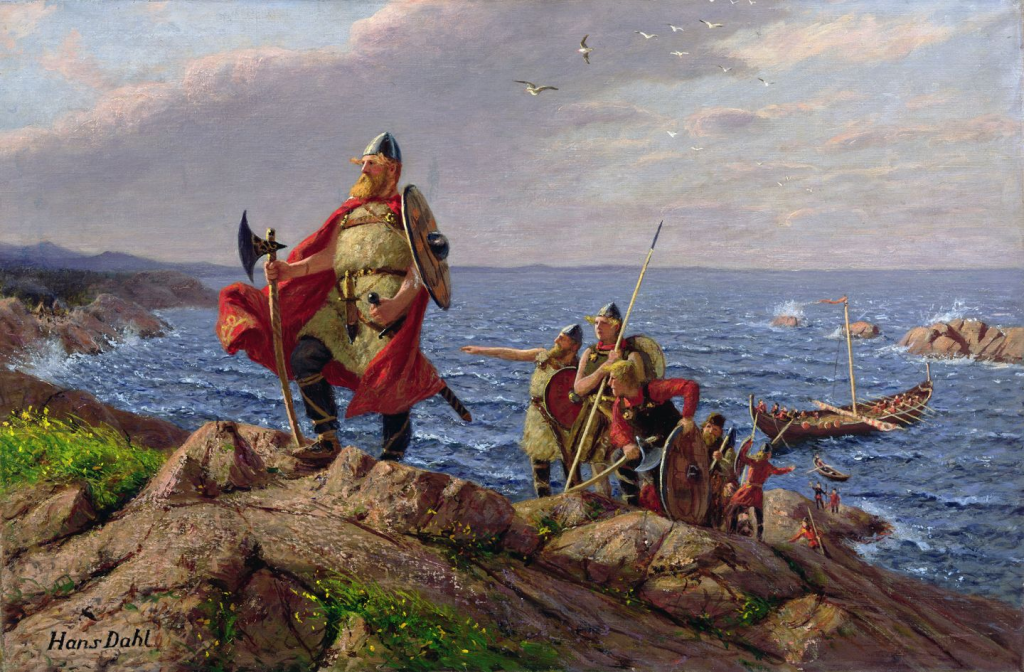
Historical accounts differ on how Erikson discovered America. One saga suggests that he stumbled upon it by accident while returning to Greenland. Another saga claims that he heard about the land from another Icelandic trader and intentionally set sail to explore it. Archaeological evidence, including the discovery of a Norse settlement in L’Anse aux Meadows, Newfoundland, supports these sagas.
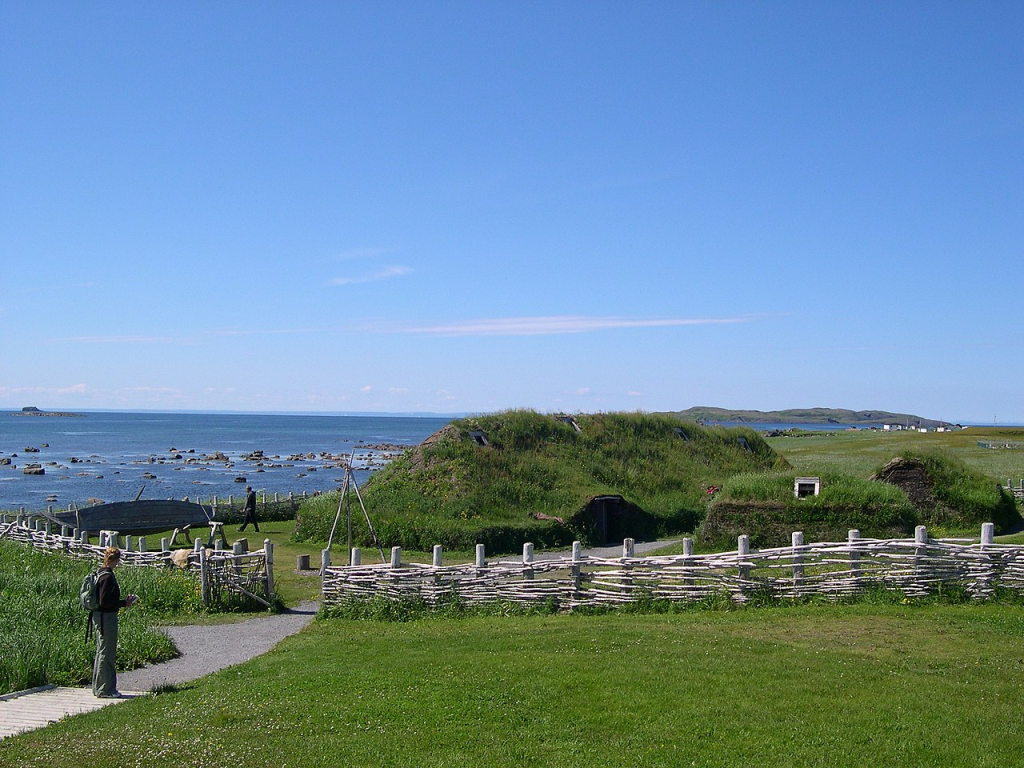
While Erikson may have reached America before Columbus, it was Columbus who opened a pathway from the Old World to the New. The arrival of Columbus in 1492 marked the beginning of conquest and colonization, which had a profound impact on both sides of the Atlantic.
Conclusion about who discovered America
The history of who discovered America is a complex one that goes beyond the narrative of Christopher Columbus. While Columbus played a significant role in European exploration and colonization, he was not the first to reach the Americas. Leif Erikson, a Norse explorer, likely beat Columbus by several centuries. Additionally, evidence suggests that various groups of people from different parts of the world may have reached America even earlier.
It is important to acknowledge the indigenous peoples who were already living in America when the Europeans arrived. Their rich and diverse cultures existed for millennia before any European explorers set foot on the continent. By exploring the real history of America’s discovery, we gain a deeper understanding of the complexity and interconnectedness of human exploration and migration throughout history.
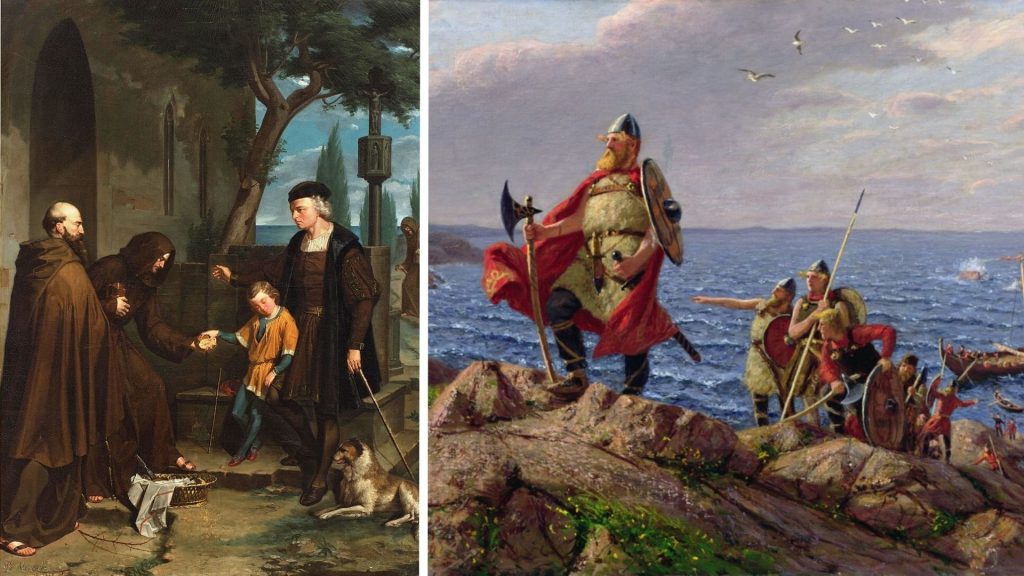

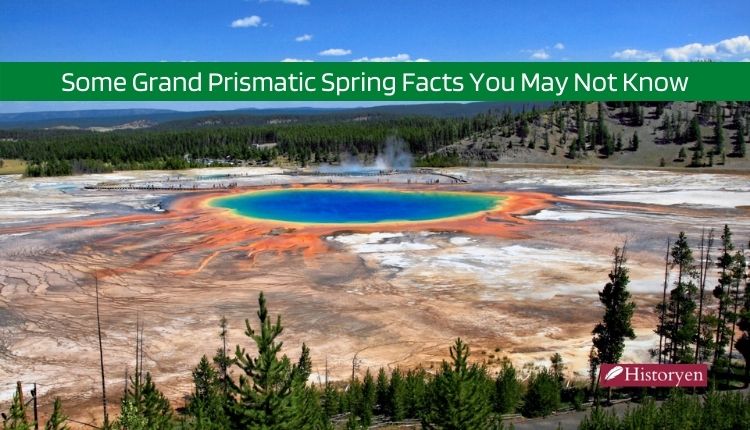

I read the Chinese artifact were found in Grand Canyon caves that dated to be very old.
[url=https://semaglutide.best/]rybelsus for diabetes[/url]